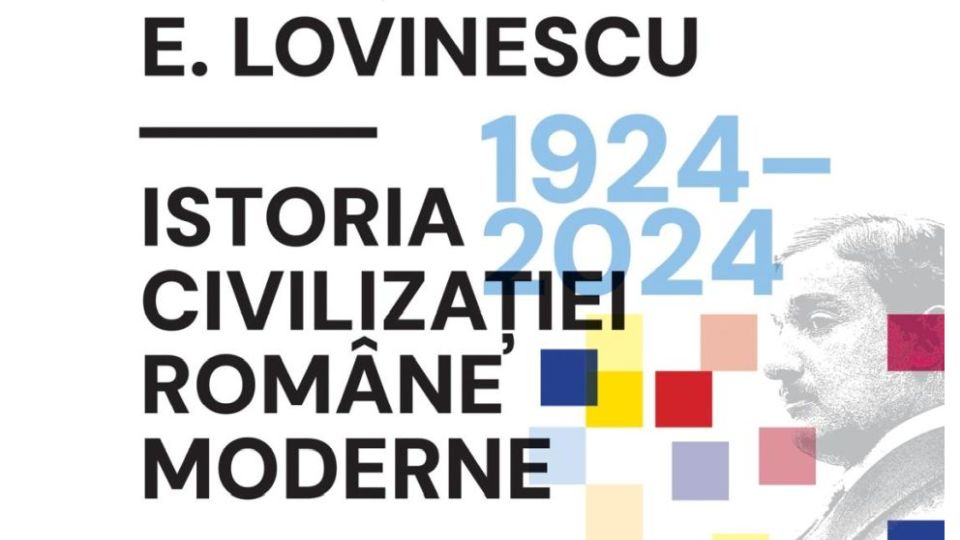Iuliu Hossu
Greek Catholic Bishop Iuliu Hossu, a martyr for the national cause

Steliu Lambru, 03.02.2020, 14:05
On December 1, 1918, Transylvania united with the Kingdom of Romania, laying the groundwork for Greater Romania. Thousands of Romanians gathered in Alba Iulia for the National Assembly, which ratified the union, a long standing vision for both the elites and the lower classes. One of the main representatives of the elites was Greek Catholic bishop Iuliu Hossu, who ended up a martyr for the cause.
Hossu was born on 30 January 1885 in the county of Cluj, himself son of a Greek Catholic priest. He studied theology at the Roman Catholic High School in Targu Mures and in Blaj. In 1904 he started his higher theological studies in Rome, at the De Propaganda Fide College. In 1906 he defended his PhD, then, in 1910, he got his doctorate in theology. That same year he was anointed a priest. Between 1910 and 1918, a period which included WWI, Hossu worked at the Lugoj Bishopric as an archivist, librarian, vicar, and secretary to Bishop Vasile Hossu, his uncle. Hossu enlisted as a military chaplain in rank of sublieutenant in the Austro-Hungarian army. In 1917 he was appointed Bishop of Gherla, succeeding his uncle.
The year 1918 was an astral year for Transylvanians. Upon the wars end they decided to unite with Romania. On December 1 that year he read to the throng of people who had gathered in Alba Iulia for the proclamation of the Grand Union, charged to do so by the Romanian Grand National Council. Along with Orthodox Bishop Miron Cristea and Transylvanian notables Alexandru Vaida-Voievod and Vasile Goldis, he brought to Bucharest the Declaration of the Union from Alba Iulia, handing it to King Ferdinand I. In the archives of the Center for Oral History of the RBC we found a priceless recording that marks the new era that began after the end of the Great War, the voice of Bishop Iuliu Hossu. It summarizes the political, economic, social, and civic aspirations of Romanians at that time. The recording was made clandestinely in 1969, one year before the demise of the great man. For him, the most important aspect of the union was the religious aspect, but also the realistic aspect of fulfilling the wishes of everyone who had dreamed of the Union.
“Brothers! The fulfillment of ages is upon us. When God Almighty declares through his people his righteousness, thirsting through the ages. Today, by our decision, Greater Romania is enacted, one and undivided, with all Romanians uttering across these lands: we unite through the ages with our motherland, Romania! The national union of all Romanians in Transylvania, Banat, and the Hungarian Country, gathered through their rightful representatives on December 1, 1918, decree the union of these Romanians, and all the territories inhabited by them, with Romania. The National Assembly proclaims first and foremost the inalienable right of the Romanian nation to the the entire Banat Country, between the rivers Mures, Tisza, and the Danube. The National Assembly reserves the above mentioned territories provisional autonomy up and until the gathering of the Constituency, based on universal suffrage. In relation to that, as fundamental principles in the foundation of the new Romanian state, the National Assembly proclaims the following: full national freedom for all cohabiting peoples, with each people educating, administering and prosecuting in its own language, through individuals of its own bosom. Each people shall gain the right to be represented in legislative bodies and governance proportional to the number of individuals that are part of it. Equal rights and full autonomous freedom for all faiths in the state. The full appliance of a clean democratic regime in all fields of public life, public vote, equal, secret, in all communes, proportionally for both genders 21 and older, in representations in communes, counties, or Parliament. Full freedom of association and assembly, free propagation of human thought, radical agrarian reform shall be made by enlisting all estates, especially the major ones. It shall be made possible for the peasant to create an estate at least such that he and his family is able to work. The guiding principle of this agrarian reform is granted on the one hand by social leveling, on the other by the potentiation of production. The same rights and advantages are granted to the industrial labor class as those legislated by the most advanced industrial states of the West.”
In Greater Romania, Bishop Hossu took a senatorial seat, from whence he often spoke against revisionism. When Hungary annexed Northern Transylvania in August 1940, Hossu stayed in Cluj, which fell under Hungarian control, close to his parishioners. The Communist regime installed on March 6, 1945, was the beginning of the destruction of Romanian democracy. Iuliu Hossu was arrested in 1948, and, after the dismantling of the Greek Catholic Church, he was put under house arrest in the monastery of Caldarusani, north east of Bucharest. After refusing to convert to Orthodoxy, he was sent in 1950 to Sighet penitentiary. After he was released in 1956, he was once again put under house arrest in Caldarusani. He passed away there in 1970, one year after being anointed cardinal by Pope Paul VI. In 2019, Pope Francis beatified him, one of six Greek Catholic prelates.




























